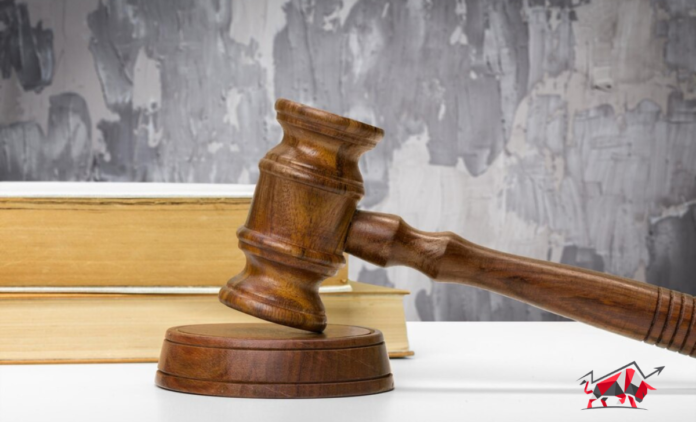The Arkansas State House recently passed two bills addressing cryptocurrency mining. While these bills are not yet laws, they set the stage for potential future regulations.
During an April 17 Senate hearing, lawmakers discussed various issues surrounding crypto mining. Topics included noise reduction, foreign ownership, and the proximity of mining operations to residential areas.
Limited Approval for Crypto Legislation
Out of eight bills presented, only two passed in the House, despite the Senate approving just one bill the previous week.
There’s ongoing debate regarding potential amendments to Act 851 and the level of detail these amendments should include. Committees will further discuss the matter before potentially passing legislation in either the current or next fiscal session.
Arkansas Data Centers Act of 2023
One of the bills, the Arkansas Data Centers Act of 2023, aims to regulate the Bitcoin mining industry in Arkansas. It establishes guidelines for miners and protects them from discriminatory regulations and taxes. Bitcoin mining’s energy-intensive process is criticized for its environmental impact.
Outside the US, Paraguay is grappling with legal challenges related to crypto mining. Lawmakers there proposed a bill to temporarily ban mining activities, citing power theft and disruptions to electricity supply from illegal mining operations.
Proposed Legislation in Paraguay
The proposed legislation in Paraguay aims to ban crypto mining facilities and activities involving cryptocurrencies’ creation, storage, and trade.
Despite initial proposals, Paraguayan senators have halted progress on the mining ban. Officials are now considering selling excess energy from the Itaipu hydropower plant to miners.
With the upcoming Bitcoin halving, miners are facing pressure. Markus Thielen, head of research at 10x Research, suggests that miners could liquidate $5 billion worth of Bitcoin in the months following the halving. This could lead to a ‘summer lull’ in the crypto markets for the next four to six months.


